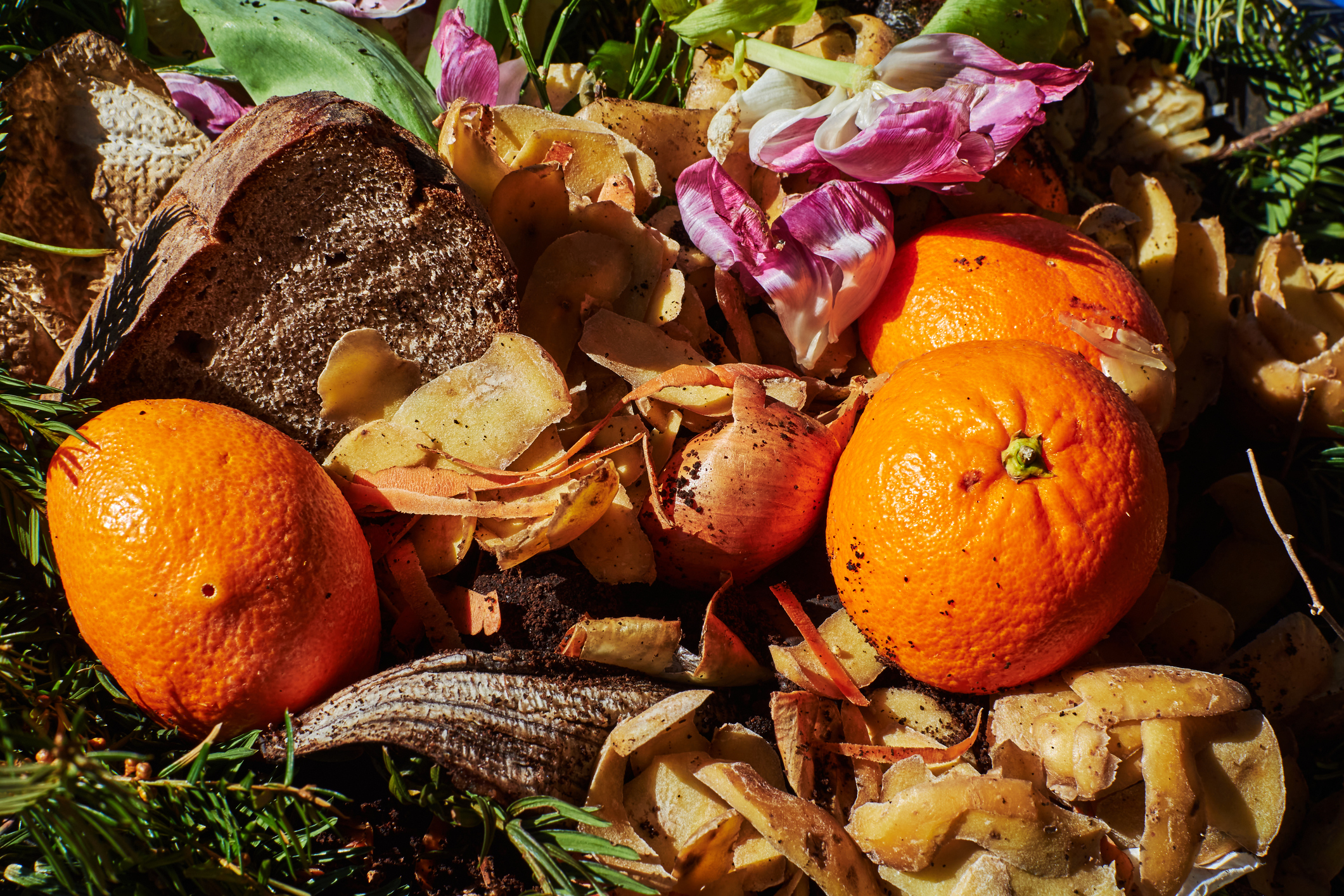How to reduce food waste and feast sustainably this holiday season
December 17, 2024

December 17, 2024

The holiday season is upon us, complete with multiple occasions for eating, drinking and making merry—which means multiple occasions for wasted food and drink.
It’s estimated that 20 per cent, or 11 million tonnes, of all the food produced in Canada is wasted. Wasted food means wasted resources and, with grocery costs rising, wasted money.
This holiday season, Dr. Tara Moreau, associate director at the UBC Botanical Garden, provides tips to reduce food waste and enjoy a more sustainable break.
Let’s look at a cup of coffee, for example. First, consider all the ingredients that go into that coffee, such as milk, sugar, water, coffee beans. Then, consider their supply chains and the resources involved: Greenhouse gases are emitted through farming, packaging, shipping and distribution to your home, packaging can end up in the landfill, monoculture farming reduces biodiversity and shapes plant genetics, and can be very resource-intensive, and so on. If you throw out that cup of coffee, all of those resources are lost.
In addition, when food waste decomposes in landfills, it creates methane, a greenhouse gas. And with rising grocery costs, reducing food waste is both environmentally and economically beneficial.
I‘ve been learning and researching food and agriculture waste reduction for about 20 years. Once you start to notice it, you’ll see it everywhere. Here are some simple tips to try:
Composting and recycling are important. But ultimately, we need to consume less. The best place to see your environmental footprint is in your waste footprint. You can see the waste you’re producing every week as well as your purchasing behaviours, which means you can identify how and what to change. Here are some ideas:
We honour xwməθkwəy̓ əm (Musqueam) on whose ancestral, unceded territory UBC Vancouver is situated. UBC Science is committed to building meaningful relationships with Indigenous peoples so we can advance Reconciliation and ensure traditional ways of knowing enrich our teaching and research.
Learn more: Musqueam First Nation